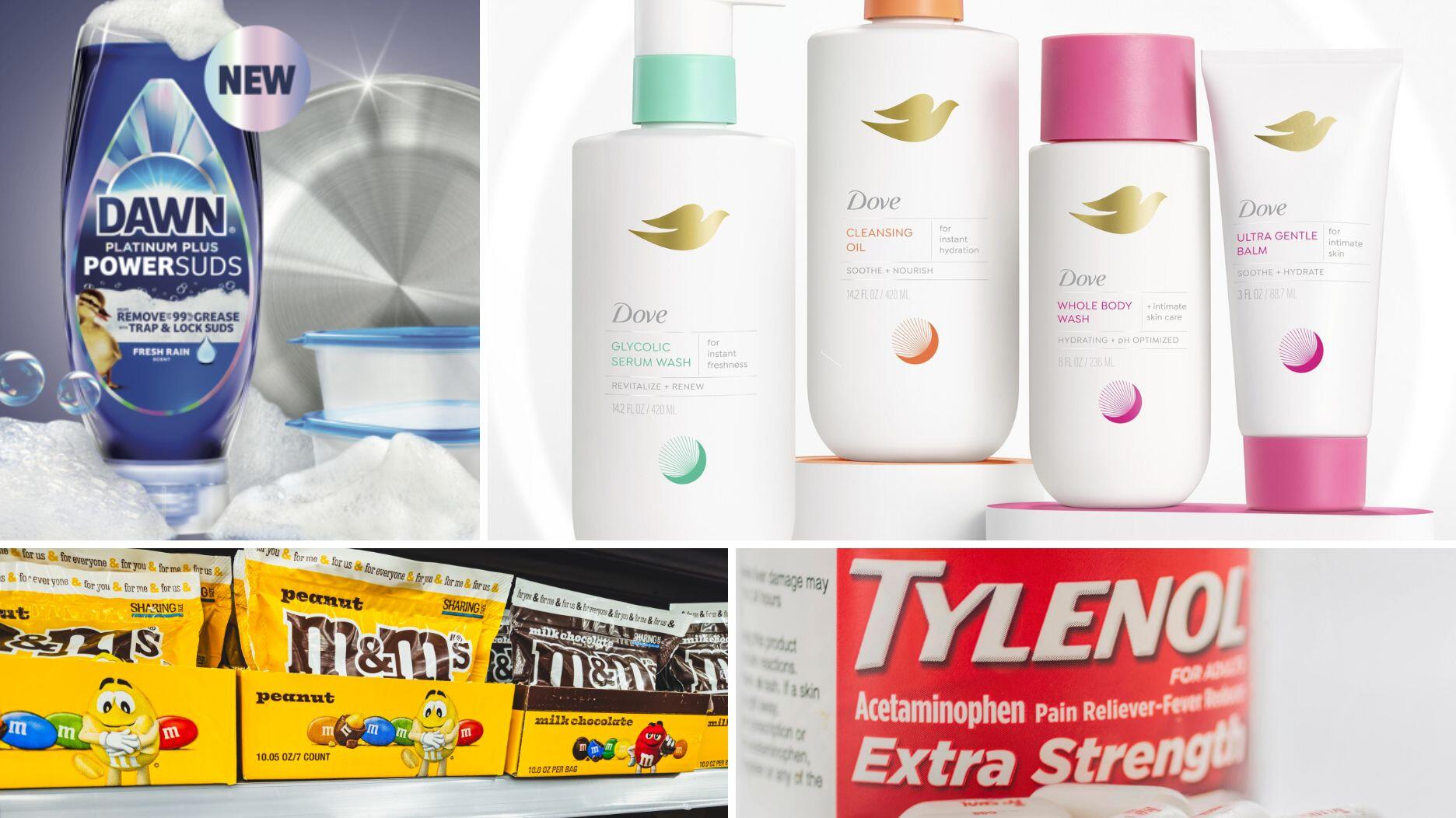Consumer Confidence Fell in February Amid Concerns About the Future
The recent jump in the prices of household staples, like eggs, and the potential impact of tariffs worried consumers.

The Conference Board’s monthly consumer confidence index fell to 98.3 in February from an upwardly revised 105.3 in January.
It marked the largest monthly decline since August 2021, according to Stephanie Guichard, senior economist, global indicators, at The Conference Board.
“This is the third consecutive month on month decline, bringing the index to the bottom of the range that has prevailed since 2022,” she said.
Of the five components the index tracks, only consumers’ views of present business conditions improved, and only slightly.
“Views of current labor market conditions weakened. Consumers became pessimistic about future business conditions and less optimistic about future income. Pessimism about future employment prospects worsened and reached a ten-month high,” said Guichard.
Consumers of all ages felt the drop in confidence, though it was steepest for consumers between 35 and 55 years old.
It was felt across all income groups, except households earning less than $15,000 a year and those earning between $100,000 to $125,000.
The average 12-month inflation expectations rose to 6 percent from 5 percent.
“This increase likely reflected a mix of factors, including sticky inflation but also the recent jump in prices of key household staples like eggs and the expected impact of tariffs,” said Guichard.
In the write-in responses, many consumers continued to mention inflation and prices, but there was a notable shift to other topics.
“There was a sharp increase in the mentions of trade and tariffs, back to a level unseen since 2019. Most notably, comments on the current Administration and its policies dominated the responses,” said Guichard.
The Conference Board’s Present Situation Index, which measures consumers’ current view of business and labor market conditions, fell to 136.5 in February from 139.9 in January.
While consumers’ view of current business conditions improved slightly, they were more pessimistic about the labor market.
The Expectations Index, which measures consumers’ outlook on income, business, and labor market conditions in the near future, fell to 72.9 from 82.2 in January.
Notably, this index fell below 80, which usually signals a recession ahead, for the first time since June 2024, said the Conference Board.
Consumers held more pessimistic outlooks across the board in regard to future business conditions, the labor market, and their income prospects.
Their outlooks on their family’s current and expected financial situation, a measure not included when calculating the Present Situation and Expectations Index, were also more pessimistic.
“Consumers’ Perceived Likelihood of a U.S. Recession over the Next 12 Months” also rose in February to a nine-month high.
Fewer consumers were bullish on the stock market, with 47 percent expecting stock prices to increase over the year ahead, the lowest percentage of consumers since April 2024, down from 54 percent in January.
More consumers expect to see stock prices decline, up to 33 percent from 25 percent in January.
More than half of respondents (52 percent) expect to see higher interest rates over the next 12 months. Fewer expect to see lower rates, down to 24 percent from 27 percent in January.
As for home buying, purchasing plans on a six-month moving average basis continued to recover, said the Conference Board, likely boosted by the “very recent” decline in mortgage rates.
Buying plans for cars and big-ticket items were down, especially in the TV and electronics categories.
Consumers’ plans to purchase services in the months ahead were little changed, but the Conference Board noted a shift in priorities.
Vacation plans continued to trend downward, while consumers prioritized purchasing personal and health care, movies, and live entertainment.
The Consumer Confidence survey results for March are scheduled to be released on March 25.
The Latest

Guthrie, the mother of “Today” show host Savannah Guthrie, was abducted just as the Tucson gem shows were starting.

Butterfield Jewelers in Albuquerque, New Mexico, is preparing to close as members of the Butterfield family head into retirement.
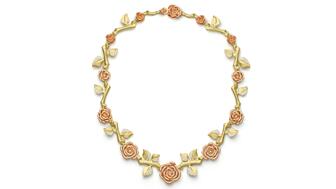
Paul Morelli’s “Rosebud” necklace, our Piece of the Week, uses 18-karat rose, green, and white gold to turn the symbol of love into jewelry.
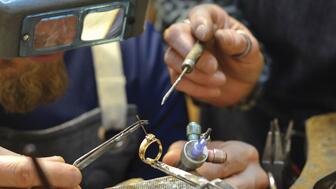
Launched in 2023, the program will help the passing of knowledge between generations and alleviate the shortage of bench jewelers.

The nonprofit has welcomed four new grantees for 2026.


Parent company Saks Global is also closing nearly all Saks Off 5th locations, a Neiman Marcus store, and 14 personal styling suites.
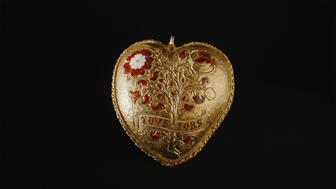
It is believed the 24-karat heart-shaped enameled pendant was made for an event marking the betrothal of Princess Mary in 1518.

Criminals are using cell jammers to disable alarms, but new technology like JamAlert™ can stop them.
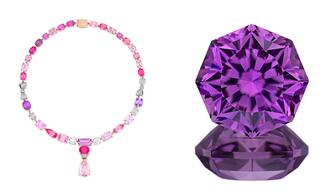
The AGTA Spectrum and Cutting Edge “Buyer’s Choice” award winners were announced at the Spectrum Awards Gala last week.
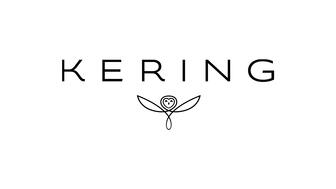
The “Kering Generation Award x Jewelry” returns for its second year with “Second Chance, First Choice” as its theme.

Sourced by For Future Reference Vintage, the yellow gold ring has a round center stone surrounded by step-cut sapphires.
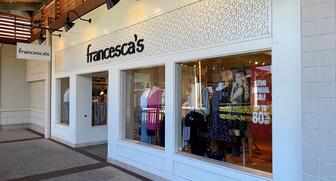
The clothing and accessories chain announced last month it would be closing all of its stores.

The “Zales x Sweethearts” collection features three mystery heart charms engraved with classic sayings seen on the Valentine’s Day candies.

The event will include panel discussions, hands-on demonstrations of new digital manufacturing tools, and a jewelry design contest.

Registration is now open for The Jewelry Symposium, set to take place in Detroit from May 16-19.
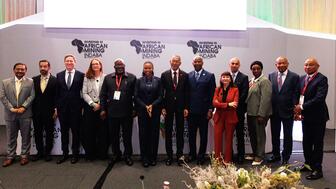
Namibia has formally signed the Luanda Accord, while two key industry organizations pledged to join the Natural Diamond Council.

Lady Gaga, Cardi B, and Karol G also went with diamond jewelry for Bad Bunny’s Super Bowl halftime show honoring Puerto Rico.

As star brand Gucci continues to struggle, the luxury titan plans to announce a new roadmap to return to growth.

The new category asks entrants for “exceptional” interpretations of the supplier’s 2026 color of the year, which is “Signature Red.”

The White House issued an official statement on the deal, which will eliminate tariffs on loose natural diamonds and gemstones from India.

Entries for the jewelry design competition will be accepted through March 20.

The Ohio jeweler’s new layout features a curated collection of brand boutiques to promote storytelling and host in-store events.
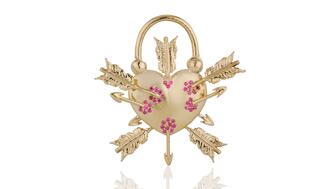
From heart motifs to pink pearls, Valentine’s Day is filled with jewelry imbued with love.

Prosecutors say the man attended arts and craft fairs claiming he was a third-generation jeweler who was a member of the Pueblo tribe.

New CEO Berta de Pablos-Barbier shared her priorities for the Danish jewelry company this year as part of its fourth-quarter results.
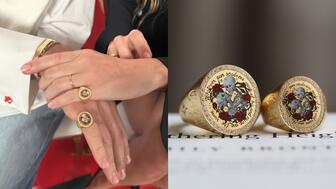
Our Piece of the Week picks are these bespoke rings the “Wuthering Heights” stars have been spotted wearing during the film’s press tour.
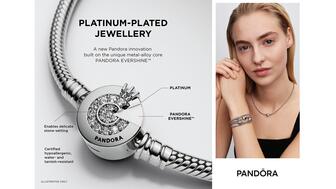
The introduction of platinum plating will reduce its reliance on silver amid volatile price swings, said Pandora.

















